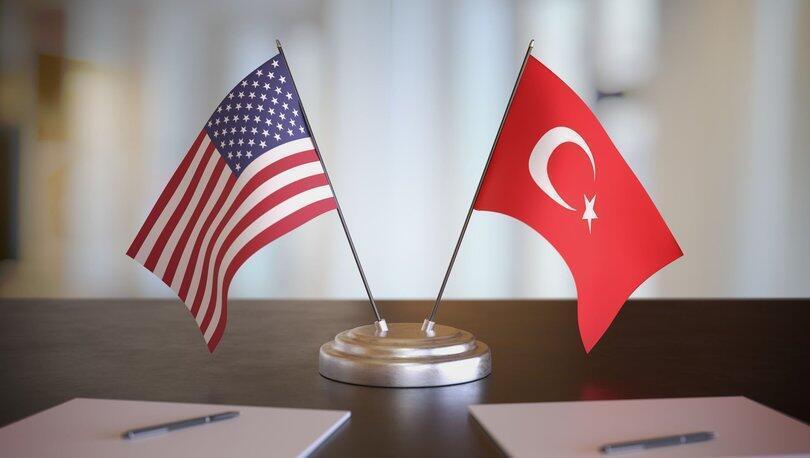Turkey, US work in good faith to solve problems in Afghanistan: Defense chief
ANKARA

Turkey and the United States continue to work in good faith to solve the problems on the issue of the Afghanistan crisis, Defense Minister Hulusi Akar has said, noting that this cooperation is positively reflected in U.S. politics.
“I think that the close cooperation carried out at Kabul Airport has probably reflected positively on U.S. politics and media,” he said, speaking to daily Hürriyet on Sept. 11.
When asked about the state of the Turkish-U.S. relations in the past period, Akar said, “Let’s just say that at least it didn’t get worse.”
Elaborating on cooperation areas other than the crisis in Afghanistan, where Ankara and Washington are in discussions for the security of Kabul Airport, the minister said: “Under the leadership of our president, our country, which has become a subject in international relations and whose sphere of influence and interest is expanding day by day, is a regional power.”
“Turkey is a strong, effective and reliable ally for the U.S. in its region. If the U.S. is to be in the Middle East, it must cooperate with Turkey. We are the country with which the U.S. will cooperate in the region,” he added.
Turkey wanted to act in cooperation with the U.S. and all its allies, especially in Syria since 2011, and it did not do anything in secret, Akar said.
“For example, in 2015, we have largely completed a memorandum of understanding with the U.S. to fight together against DAESH [ISIL] in Syria. However, at the last moment, they changed their mind and decided to cooperate with the YPG. We also stated that we could act together against DAESH in Raqqa. They did not agree to that either. Finally, we could act together in Libya. However, we have not received a positive response on this issue. We all saw and are seeing what happened when one didn’t cooperate with us,” he stated.
Akar emphasized that Ankara and Washington can solve the problems arising from Turkey’s purchase of the Russian-made S-400 air missile systems and the latter’s suspension of Turkey from the F-35 fighter jet problem. But he pointed at the YPG problem with the U.S., saying that it was the core of disagreement with Washington.
“We can somehow resolve the S-400 or F-35 issues with the U.S. However, as long as the U.S. acts in an alliance with the YPG in Syria, this will remain the most important issue of our relations, and we will have serious problems in relations,” he said.
“This is our primary issue in relations with the U.S. [The U.S.] should name the YPG as a terrorist organization,” he added.
If the U.S. says, “We had to form an alliance with the YPG for tactical reasons,’ Ankara can understand this even if it does not take it positively, but if Washington says that the YPG is not the PKK, “it would be an insult toward us,” Akar said.
“As a result, the U.S. needs to cut its ties with the YPG, to which it sends truckloads of aid,” he added.
When asked about what will happen in Turkish-U.S. relations if the latter does not change its stance on this issue, Akar said: “The U.S. needs to think carefully. America’s most rightful move would be to act like America.”
“There is an alliance with Turkey, there are agreements between us, there is reason and logic, there are the realities and needs of the region... An understanding that sees all of these as a whole is needed. There should be no weakness in vision. We have always fulfilled all our responsibilities in the alliance, especially in NATO, and in our bilateral relations,” Akar said.
On Turkey’s purchase of the second batch of S-400 systems, Akar said: “We are following the ongoing work on the second system. Our practices continue within our plan and program.”
















